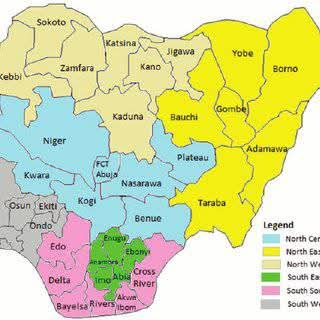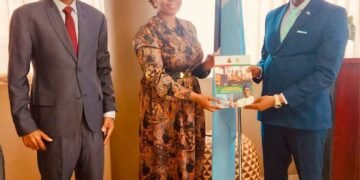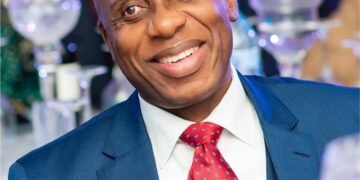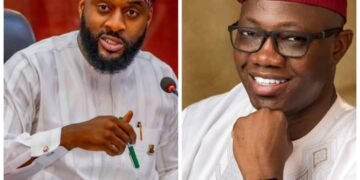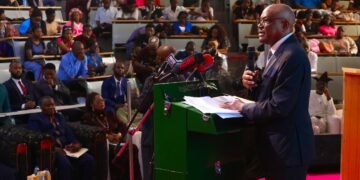Introduction
Nigeria is a diverse country with over 250 ethnic groups and multiple religious affiliations, primarily Christianity and Islam. These diversities have historically played a significant role in shaping political dynamics, especially during elections. Ethnic and religious factors influence voter behavior, candidate selection, party affiliations, and even governance.
Ethnic Disparity in Nigerian Elections
Ethnicity is one of the most defining factors in Nigerian politics. Political parties and candidates often appeal to ethnic sentiments to gain electoral support. Key aspects of ethnic influence in elections include:
Zoning and Power Rotation: To ensure national unity, major political parties practice zoning, an informal agreement to rotate power between the North and the South. This practice aims to reduce ethnic tensions and promote inclusivity.
Ethnic-Based Voting Patterns: Voters often support candidates from their ethnic groups, believing they will better represent their interests. This trend has led to regional dominance in elections.
Marginalization and Agitations: Some ethnic groups feel excluded from political power, leading to calls for restructuring, secession, or increased regional autonomy, as seen with movements like IPOB (Indigenous People of Biafra) and calls for Oduduwa Republic.
Religion and Elections in Nigeria
Religion is another major determinant of political decisions in Nigeria, often shaping alliances and electoral outcomes. Its influence is evident in several ways:
Religious Balancing in Ticket Selection: Presidential and governorship candidates often select running mates from different religious backgrounds to appeal to both Christian and Muslim voters. The controversy surrounding the Muslim-Muslim ticket in the 2023 election highlighted the sensitivity of religious balance.
Religious Endorsements and Campaigns: Religious leaders and organizations sometimes endorse candidates, swaying voters based on faith-based sentiments. Churches, mosques, and religious groups actively participate in mobilizing voters.
Religious Conflicts and Electoral Violence: Elections in Nigeria have sometimes been marred by religious violence, especially in regions with deep religious divisions, such as Kaduna, Plateau, and parts of the North.
The Interplay of Ethnicity and Religion in Elections
Ethnicity and religion often intersect in Nigerian elections, making political campaigns deeply sensitive. Candidates and political parties strategically align with ethnic and religious groups to secure votes. However, this has also contributed to national disunity, as elections become more about identity politics than policies and governance.
Effects on Democratic Development
Polarization: Nigeria’s democracy remains fragile due to ethnic and religious divisions, leading to disputes over election results and governance.
Lack of Meritocracy: Ethnic and religious considerations often overshadow competence, with voters prioritizing identity over capability.
Electoral Violence: Many election-related conflicts arise due to ethnic and religious tensions, discouraging voter participation.
Conclusion
Ethnic disparity and religious influence remain central to Nigerian politics, shaping electoral outcomes and governance. While these factors are deeply rooted in the country’s history, promoting national unity, inclusivity, and issue-based politics is essential for Nigeria’s democratic growth. Political reforms, civic education, and fair representation can help reduce the negative impacts of ethnic and religious politics in future elections.
Written by Remi Oladoye


